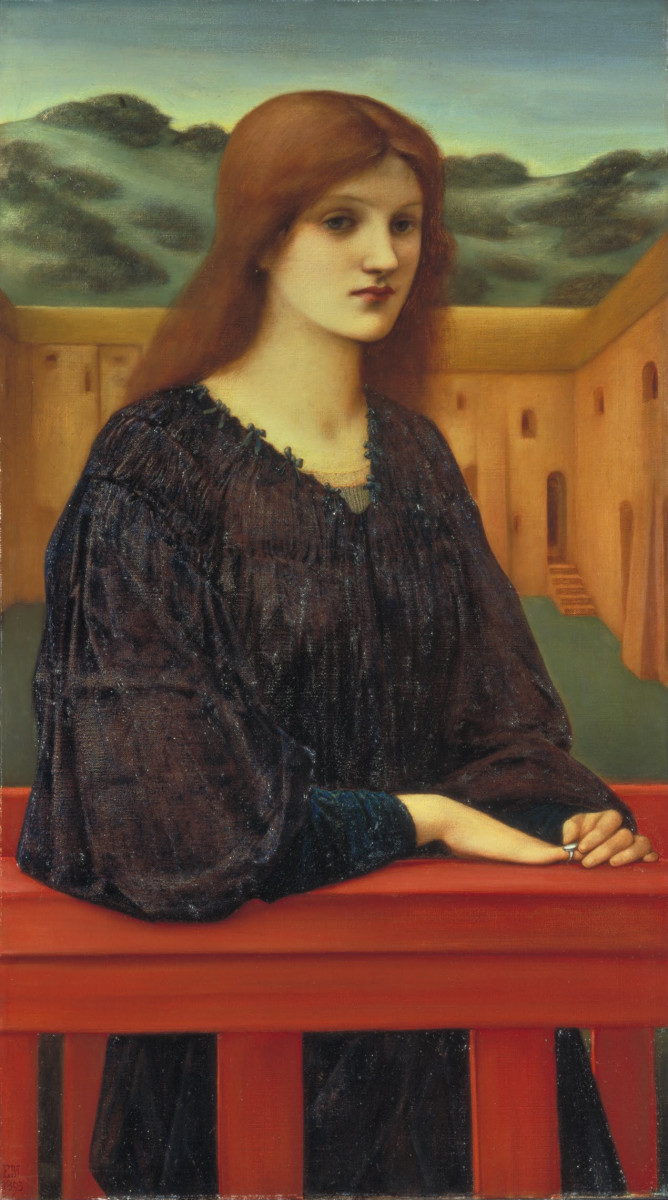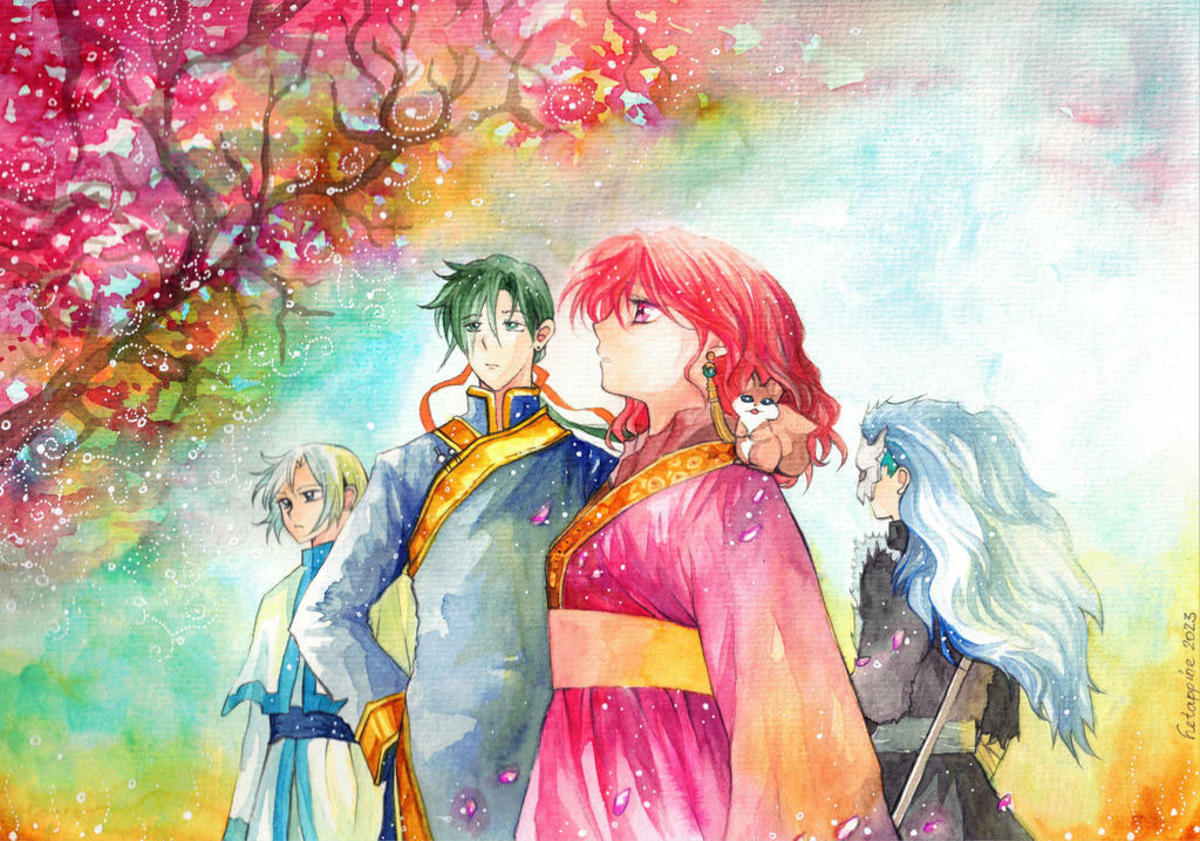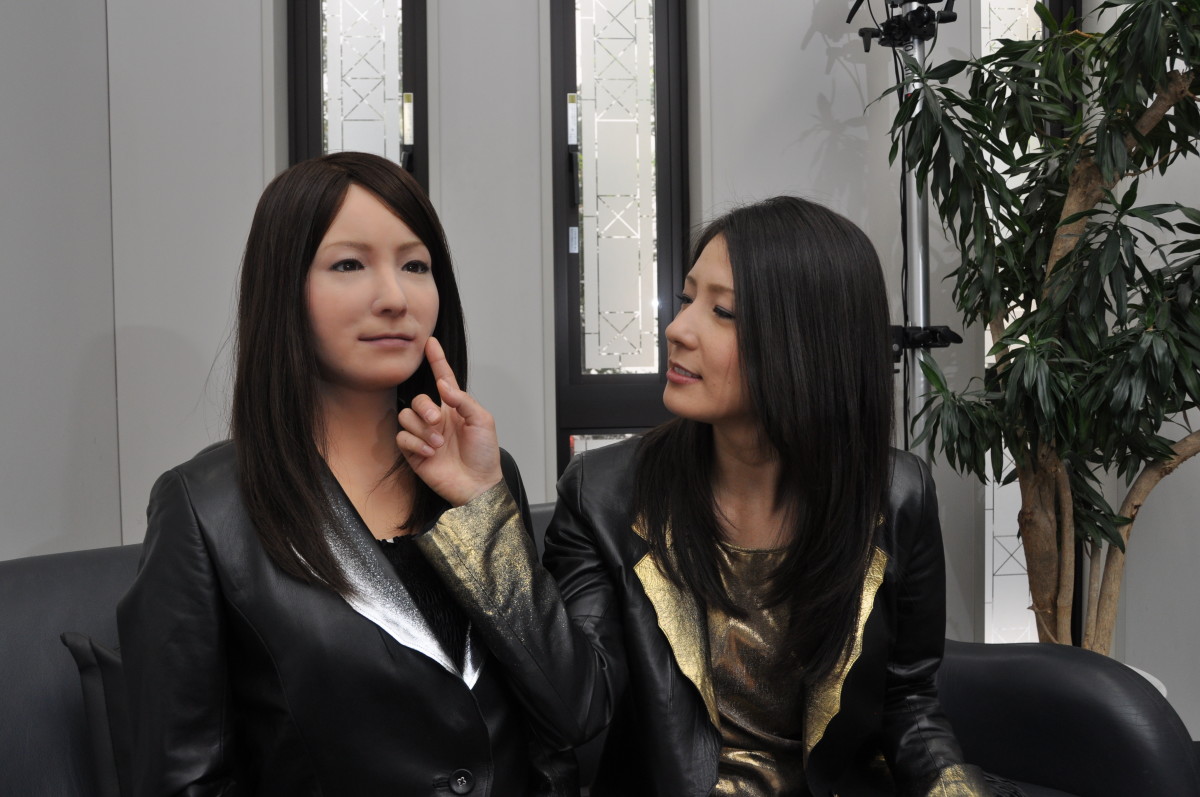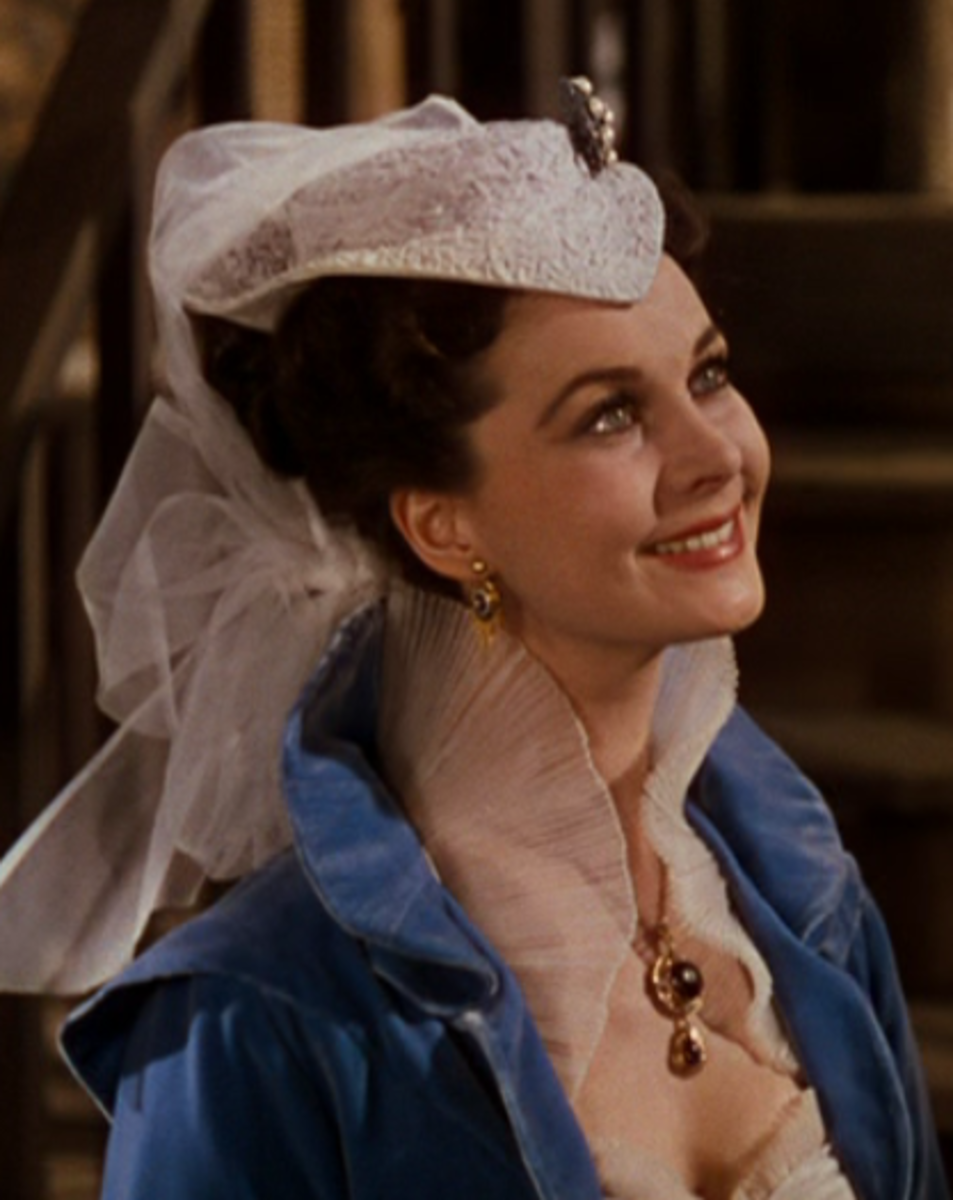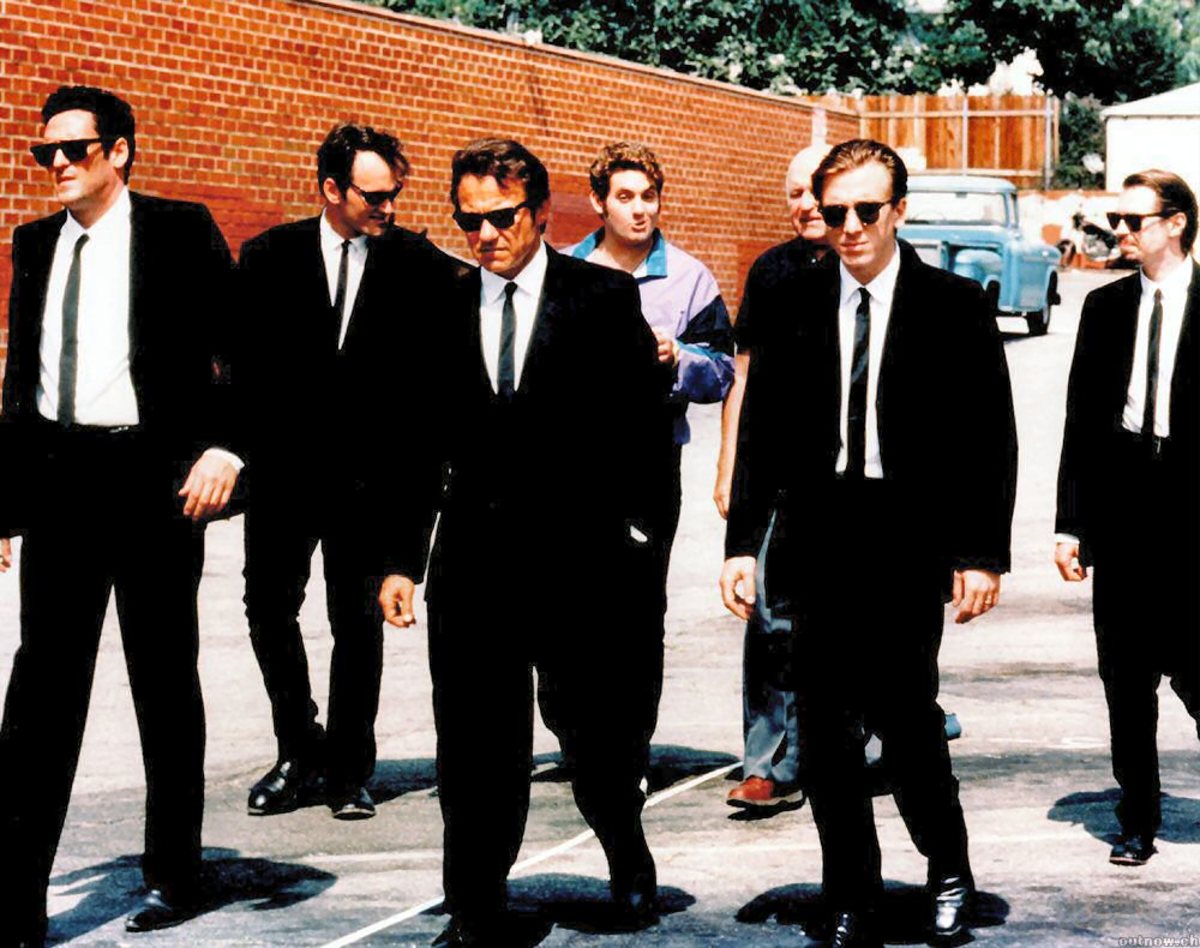- HubPages»
- Fashion and Beauty»
- Clothing»
- Costumes & Uniforms
A comment on personal aesthetics

If one is to believe Robert Dunbar’s evolutionary theories regarding communication, we have been intensely fascinated with each other since we were apes. We incessantly observe, spy on, judge and appraise one another for social intercourses relating to friendship, romance, vocation and plain old curiosity.
As a sensual species that is particularly visually critical, our aesthetic demands become aesthetic values when we – for instance – consider each other as possible mates. Initially, we are rather superficial and care a great deal about the appearance of our would-be partners. It follows logically that we must be visually pleasing ourselves if we are to arouse interest because, as an intelligent species, we know that others too have aesthetic ‘standards’. So we invented the wonderful world of fabrication – we change our hair, our colouring, our faces and even our bodies; whether to conceal blemishes or exaggerate assets; the truth of the matter is that the presented picture is often fictional.
Along came some clever people and began a media company…
Groys’ position (do read it, the man is brilliant! http://www.e-flux.com/journal/view/68) on the suspicious value of self-design raises the question of why we aestheticise. What is the appeal in correcting, changing, and adapting ourselves according to social norms and expectations? Why do we feel compelled to change when everyone else’s true face looks just as bad, if not worse, than ours? Is it that our vanity requires it, while simultaneously we of the world-wide canvasses mean to deny our contrived selves regardless of the paradoxical obvious? Like a woman wearing ‘natural’ makeup or a conniving politician, we go to lengths to hide the methods by which we hide.
The inevitable dark underbelly of the media described (but not necessarily argued) by Groys parallels William Golding’s stance on the evil lurking in all humankind. If one found out where to look, many nasty things would surface. In Golding’s view, we savages merely have a handle on things now as victuals and livelihoods are mostly obtainable. For now that is...
In saying that it is better to be a dead author than to be a bad author, surely Groys suggests that as artists, we are better off conforming as judgement will be reserved due to our affiliates in the artistic world? Although a clever ploy on the artist’s behalf, it still evades a possible resolution as to the problem of dishonest self-design.
Aesthetic properties refers to an object’s appearance for its own sake, which is not sufficient criteria for meaningful expression; i.e. a work of art. Are we really assigning meaning to aesthetic appearance without the context – and purely based on the content? Being anxious about being subjected to the gaze of others (fellow competing artists) would assume this to be the case regardless of the relative status of the ‘artist.’

